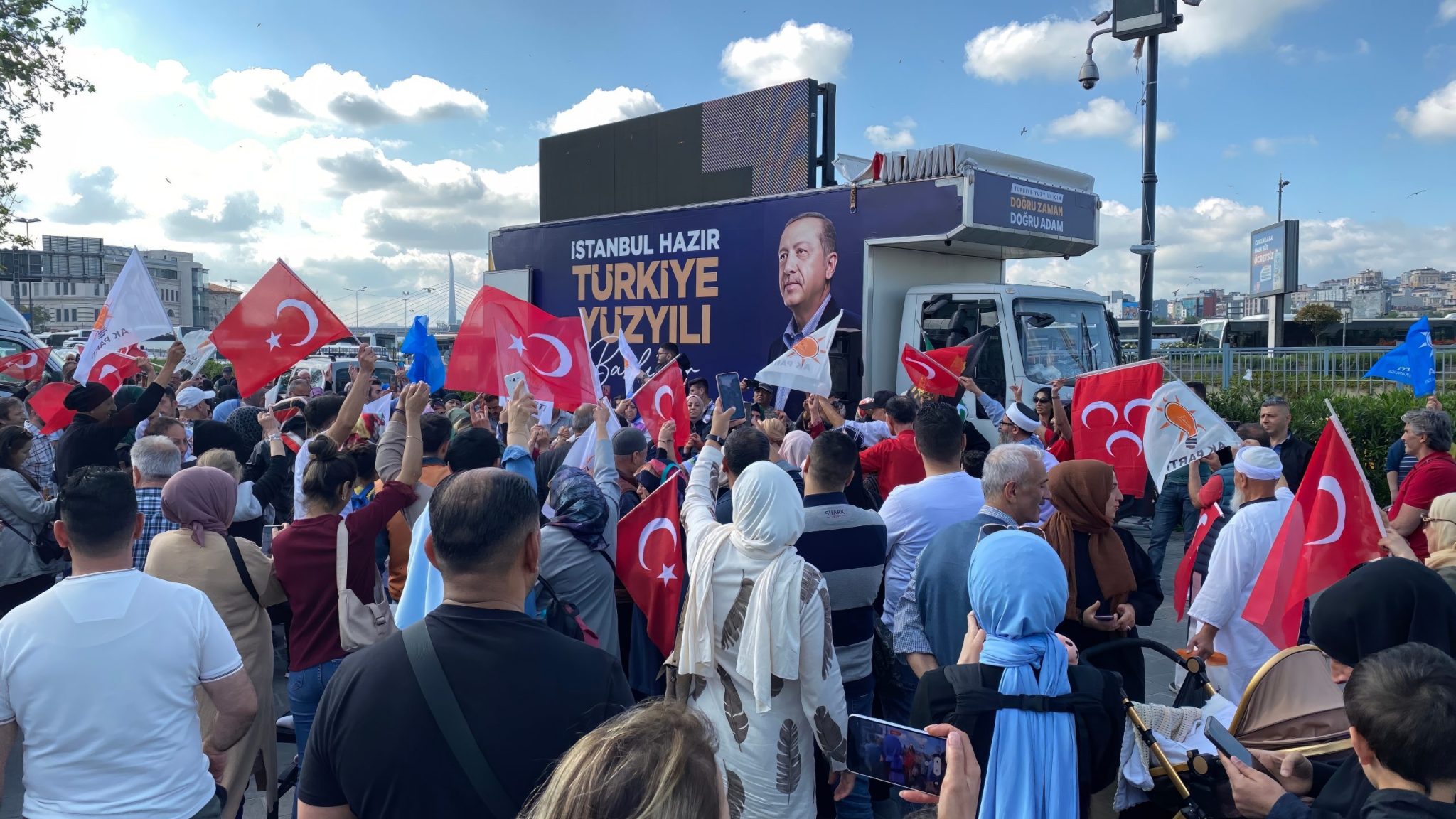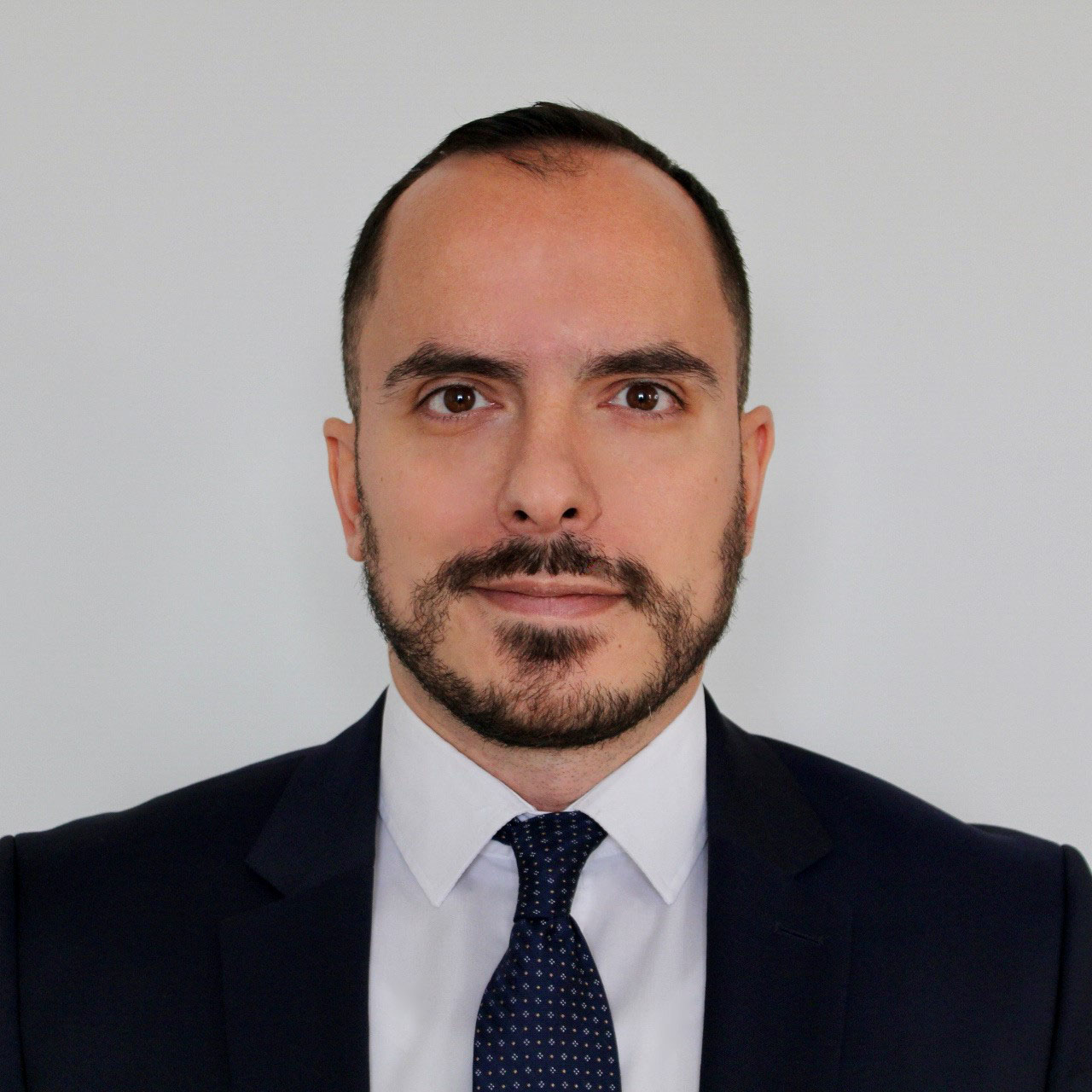In the end, it was not so close. Turkey’s most tightly contested election in a generation ended up giving the country’s president, Recep Tayyip Erdoğan, a new mandate to extend his unbroken and unprecedented 20-year hold on power. This victory will likely be hugely consequential, as it will afford Erdoğan the freedom and the legitimacy to further transform Turkey into a country defined by one-man rule.
In securing this result, Erdoğan defied most polls that for months had him trailing or running neck and neck with Kemal Kılıçdaroğlu—his main opponent. To an extent, he also defied socio-political logic.
It had been predicted that the country’s deep economic woes, including a plummeting currency, soaring inflation, dwindling foreign reserves, and a mix of unorthodox monetary and economic policies that fueled a severe cost-of-living crisis would seriously harm Erdoğan’s prospects. Fatigue with an increasingly authoritarian style of rule, unhappiness with state corruption as well as accusations of democratic backsliding and repression of human rights were to wound his electoral support further. His government’s botched rescue and recovery efforts following the country’s most devastating earthquakes in a century, which killed over 50,000 people and displaced about three million, was also to serve as his Achilles heel. And of course, a diverse and enthusiastic opposition coalition, including centrist, conservative and nationalist parties, was at its most united and galvanized in years, setting aside rivalries to oust him from power.
And yet, Turkey’s electorate did choose Erdoğan once more.
On May 14th, following a bitterly fought campaign, the People’s Alliance, which was led by his Justice and Development Party (AKP), secured a majority in the Turkish Grand National Assembly. Erdoğan himself nearly clinched a first-round win in the presidential election, getting 49,5% of the votes—a mere fraction away from an absolute majority. Having regained his aura of invincibility, the Turkish president won a third term in the run-off two weeks later, beating his rival by a little over 4% (52.18% to 47.82%), a much wider margin than many disgruntled parts of the electorate would have wished for.
The opposition was slow to react in between the two rounds, but then tried to throw anything they could find at Erdoğan. The usually soft-spoken Kılıçdaroğlu even took a sharp nationalistic turn in his rhetoric, aimed to attract voters who had backed Sinan Oğan, the unexpected, ultranationalist candidate, who secured over 5% of the votes in the first round.
Ultimately though, this proved too uphill a battle. The Turkish president’s first-round win enhanced his ability to portray himself as a candidate of stability, creating momentum that strongly favored him as the incumbent. The result of the first round also added to the disillusionment felt by the opposition parties, voters, and elite backers. Against the feverish anticipation of change that had raised hopes of an opposition breakthrough, the scale of the crash-landing for the anti-Erdoğan camp after the first round was such that many simply did not go to the ballot boxes.
But why did the Turkish president win again?
This spectacular reversal of fortunes is due to much more than inaccurate polling. It is impossible to make sense of the results without recognizing two key factors in how Erdoğan, a consummate populist-authoritarian leader, approached this election cycle.
First, he rightly sensed that for a big part of the Turkish electorate, identity politics trumps almost everything else.
Contrary to Kılıçdaroğlu’s more conciliatory tone on the campaign trail before the first round, Erdoğan tapped into society’s deep fissures and did not stop animating his religious, conservative base by fueling polarization to his advantage. A shrewd campaigner and operator, he left no stone unturned in exploiting real or imagined wedge issues between the devout and secularists, for example, accusing the opposition of promoting LGBT culture among Turkish youth, without providing evidence. Similarly, he chastised his rivals as siding with terrorists, given the opposition’s tacit backing by the country’s main pro-Kurdish party and its voters. And perhaps most concerningly, the targeted and systematic use of deep fake videos, among a variety of other information manipulation techniques, was weaponized to make the point of how the opposition leader was actually linked to PKK, the Kurdish militant organization that the United States and Turkey both have designated as a terrorist group.
But true to his combative style, the Turkish president’s strategy was not only based on fanning culture wars, but also on injecting more nationalism into the body politic, at a time when the country itself has become decidedly more nationalistic. His reading of the electorate was therefore more accurate than that of his rivals. When the opposition pitted their hopes for unseating him on economic malaise, democratic upheaval, or the devastating effects of the once-in-a-century earthquakes, he simply used these criticisms in his fiery speeches as indicators that the opposition are agents of foreign powers, intent on keeping Turkey down. In a country that is largely distrustful of outsiders, this combative nationalism allowed him to persuade sizable chunks of the population that the economic crises keenly felt across the country had more to do with external interests that wanted to weaken Turkey, than with his regime’s handling.
That said, the roots of Erdoğan’s prolonged political longevity are not based on personality alone; rather, they also relate to his decades-long success in creating structural conditions to support him politically and electorally.
The Turkish ruler has spent decades centralizing his power, curbing most state and societal institutions and bureaucracies to his will, weakening the practical separation of powers, co-opting the media ecosystem, and ultimately tilting the odds in every election, much like this one, in his and his allies’ favor.
However, this does not mean that the May elections were sham elections, crudely precooked by an autocrat. The race was indeed competitive to an extent, and the vote was largely free. But neither was fair. The OSCE confirmed this mirage of an electoral playing field, underscoring in its report that the May 14th elections were marked by unevenness in that the current president and the ruling parties enjoyed an unjustified advantage. Seeing the ballot box perhaps as a last valve of dissent, opposition politicians expressed confidence in the integrity of the vote itself, pointing to the existence of numerous lawyers and observers in each voting station in an effort to prevent any irregularities, despite the uneven playing field in the campaign. But in so doing, they disregarded the hard fact that winning elections is not just about performance on election day.
In the years prior to this critical election, several opposition figures—including Selahattin Demirtaş, the former leader of the Kurdish minority’s party—have been imprisoned, while others, as in the case of Istanbul’s mayor Ekrem Imamoğlu, have been prosecuted and face a political ban. The ruling regime’s tight and almost total control of the media landscape has also ensured that the government’s narrative remains practically unchallenged for the vast majority of citizens. A recent harsh disinformation law has also been criticized for exacerbating restrictions on social media, news websites and journalists.
What is more, the anti-Erdoğan camp underestimated how skillful his use of economic incentives to mould and maintain perceptions and realities that favor him would be. Emulating past tried and tested methods, Erdoğan generously employed state resources to bolster his political campaign, maintain his extensive patronage networks and cement voter loyalties. This is part of the reason why AKP received such high support in parts of south-eastern Turkey that were ravaged by the earthquake disaster. Many voters seemingly turned a blind eye to the high levels of state corruption that added insult to injury in the aftermath of the earthquake tragedy, being persuaded instead by the regime’s cash giveaways and promises for new housing and employment to the victims.
And this of course serves as a cautionary tale of how an opposition can fall short of winning an election, even if meaningfully united, when their opponent is a leader who has for years meshed their personal interests with those of the state, creating almost insurmountable dependencies within the electorate.
Prospects for the future
Most international analysts treated this twin election as a prime test case for the defeat of elected authoritarianism through democratic means. For the world watching, then, this result provided a vindication, and not a repudiation, of how politically successful and electorally profitable Erdoğan’s creed of nativism, economic populism and strongman rule is. What transpired in Turkey will embolden illiberal forces the world over. And, as the realities of this election and their far-reaching consequences sink in further, the international community has clearly a lot of work to do to accept that Turkey will likely be less democratic and more transactional in the future.
Within the country itself, there is little to suggest that the Turkish president will reverse course. For Erdoğan, elections have been historically a prized source of legitimacy, and therefore, this victory will also be seen as a mandate vindicating his policies. This means that he will almost certainly continue consolidating his power, bringing any remaining institutions under his control, and extending his decades-long majoritarian rule. This same logic of staying the course will likely also apply to an economy that is already in dire straits. Erdoğan could also be emboldened to double down on his mix of unconventional, populist economic policies. But it is difficult to see how this choice for more of the same policies can be sustainable in light of AKP’s lavish election-related public spending, Erdoğan’s campaign promises that raise the fiscal bill even further, and a whole host of other pressing economic problems that, for his critics, presage further economic meltdown.
In any case, a few short weeks ago, many deemed the May elections to be the defining opportunity for ending his two-decade reign of Turkish politics. Instead, they will be remembered in history books as no less defining because they mark the point in time when those opposing him understood that his rule may last a lifetime.
With the country’s centennial this year, the Turkish president and his regime gained a renewed license to reshape the state, the country, and its ailing democracy in their own image. In this context, what would the country’s forecast be? Very cloudy with a certainty of absolute reign.
The views expressed in GMF publications and commentary are the views of the author alone.





